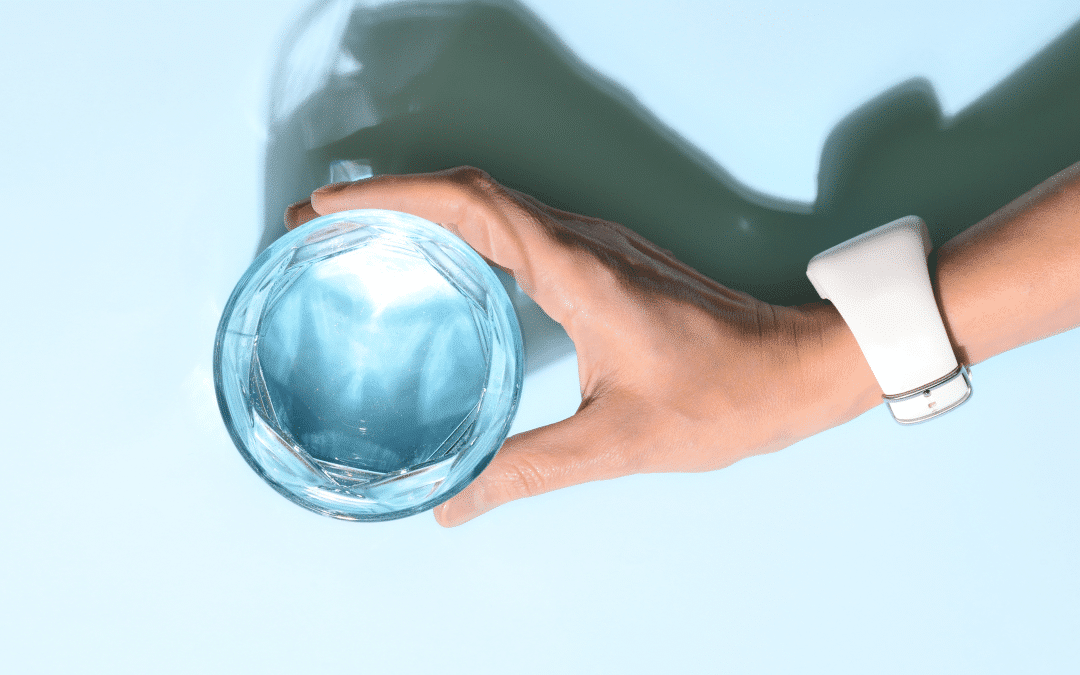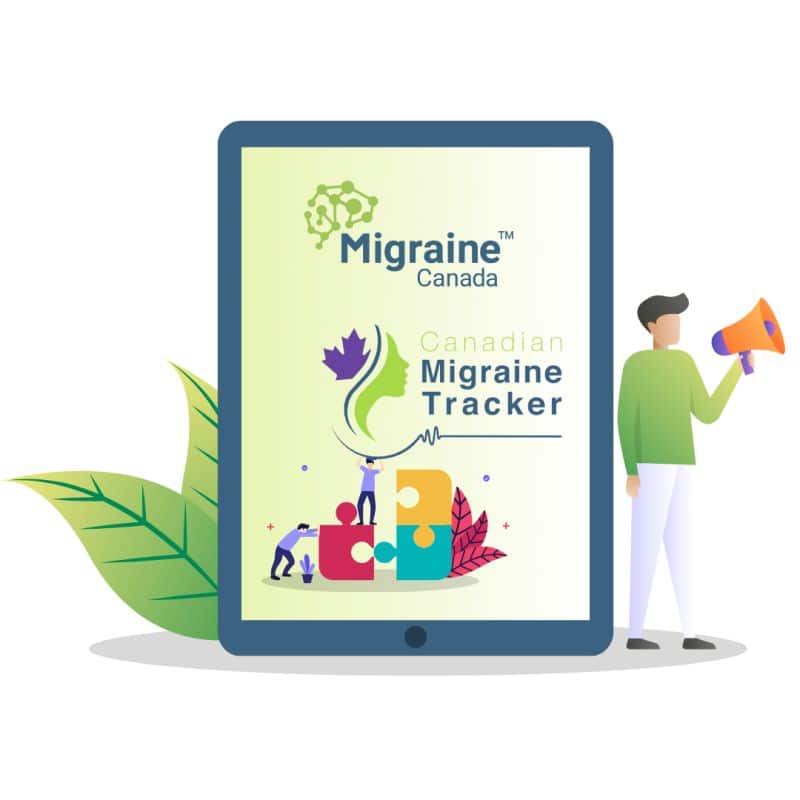Dehydration is a common migraine trigger, occurring when the body loses more fluids than it takes in. This imbalance affects the body’s water and ion levels, potentially leading to migraine attacks. In this article, we’ll explore why hydration is crucial for migraine management, the best ways to stay hydrated, and practical tips to prevent dehydration-related migraine. While proper hydration won’t cure migraine, it can help reduce the frequency of attacks by managing this avoidable trigger.
How does dehydration happen and what can I do to prevent it?
Dehydration occurs when the body loses more liquid than it takes in. To understand how this happens, we need to consider what enters the body, what exits, and the mechanisms that regulate all this.
Is dehydration only about water?
There is no free water in the body; it is always mixed with other things like cells, ions (e.g., sodium and potassium), and other chemicals (e.g., glucose). Bodily fluids are “solutions” that can be more or less “concentrated.” The body needs to have a good balance between salt and water. If you don’t have enough salt, you won’t retain water and may develop low blood pressure. If you consume too much salt, you may develop fluid retention. So, it is not only about the volume of water you consume, but also what’s in it.
Why is it better to drink water instead of juice to hydrate?
It is important to consider not only what we drink, but also what else is in it. Drinking pure water is the best option. Other beverages may contain substances called “osmoles” that are “filling” the water. The more osmoles a beverage contains, the less hydrating it will be. Beverages that are higher in osmoles include sugary juices, sodas, alcoholic drinks, and salty broths.
Sodas are particularly bad for our health as they contain high levels of sugar, artificial colours, and acidity. Low-calorie sodas contain aspartame, which some people report as a migraine trigger. Additionally, artificial sweeteners can keep your cravings for sugar active, which may lead to weight gain.
How does the body lose water?
There are many ways for water to leave our bodies, leading to dehydration:
- Urine: Diuretics (substances that make us urinate) can be medications, as well as beverages like alcohol and caffeine
- Sweat: During exercise or in hot, dry conditions
- Breath: We lose moisture through breathing, particularly in hot dry air or during exercise
- Diarrhea and vomiting: May occur during a migraine attack
- Secretions: Such as mucus (e.g., if you have a cold)
Why would dehydration trigger migraine?
We are not yet sure why dehydration can trigger migraine. However, the water/ion/osmole balance in the brain is very important for proper electrical function. Some researchers believe that when the osmolarity of the brain increases (i.e., the water becomes too concentrated), some receptors may be activated, causing a migraine attack.
How much water should I drink exactly?
There is no single answer to this as the needed amount depends on your weight, sex, genetics, diet, medications, activities, weather, air dryness, salt intake, etc. A general guideline is about 2 litres of water daily, roughly one cup every two hours during waking hours.
Most people don’t drink enough water and consume too much juice, caffeine, and alcohol. Adding a few cups of water or herbal teas to your daily routine and making sure to drink every 2-3 hours are good ways to start improving hydration habits.
Tips to Ensure You Stay Hydrated Every Day:
- Eat hydrating foods: Fresh raw vegetables (e.g., cucumbers, spinach, lettuce, zucchini, bell peppers, carrots, and celery), fresh fruit (keep an eye on the sugar content), and broths/soups (keep an eye on the salt content)
- Drink plenty of hydrating beverages: Fresh water (add lemon, cucumber, or mint if plain water doesn’t suit you), electrolyte-rich beverages (e.g., coconut water), and herbal teas (e.g., chamomile, peppermint, and rose)
- Carry a reusable water bottle in your bag or purse
- Stay inside or in the shade during the hottest part of the day in the summer (12pm-4pm)
- Drink plenty of water before and during workouts
- Try not to let yourself get thirsty by sipping water throughout the day
- Avoid excessive consumption of diuretics (foods/beverages that increase the production of urine), such as coffee, black and green tea, alcohol, some herbal teas (e.g., dandelion, hibiscus, and hawthorn)
- Avoid sugary beverages like fruit juice and soda
Will better hydration cure my migraine?
Likely not, but improved hydration could decrease the frequency of attacks, especially if you have “dehydrating habits.” Remember, dehydration isn’t the cause of migraine but a trigger that can be safely and easily managed.
References
- Martins IP, Gouveia RG. More on water and migraine. Cephalalgia. 2007;27(4):372-4.
- Spigt MG et al. Increasing the daily water intake for the prophylactic treatment of headache: A pilot trial. Eur J Neurol. 2005;12(9):715-8.
- Blau JN. Water deprivation: A new migraine precipitant. Headache. 2005;45(6):757-9.
Post #701



